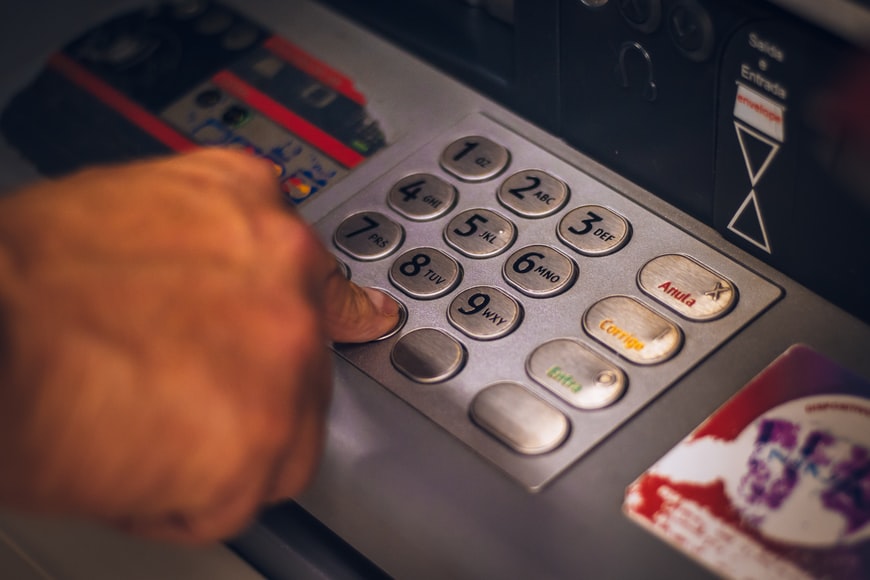Think Twice About Adding Your Children to Your Bank Account or Other Assets

I see it often in our practice. When people hear about the cost, delays and potential perils of the probate process, they often just add their children as co-owners on their bank accounts or their residence in order to avoid probate. However, this should be done, if at all, only after careful consideration of the potential perils of joint ownership and the alternatives available to avoid probate.
I know, most people’s first thought in response to this is, “Why? My children are good kids, they’d never steal from me.” That’s probably true and I’m not trying to convince you otherwise. But, there are other issues or risks involved.
One risk is your children’s creditors. For example, if one of your children causes a car accident and they don’t have enough insurance coverage to pay for the damage that he or she caused, the creditors can look to your bank account, and perhaps your house, to satisfy their claims against your child. This is because when your children are on your bank account or the deed to your house, it’s technically theirs, too, and subject to claims of their creditors.
Or, what happens if one of your children has problems in his/her business and borrowed a significant amount of money? The lender wants to be paid back. Your bank account is also your child’s and the lender, or bankruptcy trustee, can attach the account to satisfy the unpaid loans
What happens if your child goes through a divorce? There is a good possibility that your child’s soon-to-be ex-spouse will claim some right to your bank account.
What happens if your grandchildren apply for financial aid to pay for their higher educations? Well, your grandchildren could actually be ineligible for some types of financial aid because your children have too much money — remember, your children on your bank account and it’s technically theirs, too.
The moral: don’t just add your children as co-owners of your assets just to avoid probate. It’s almost never a good idea. Instead, consider alternatives, such as a living trust, beneficiary deeds, Transfer on Death or Pay on Death (TOD or POD) Instructions, beneficiary designations and post-death administration via Affidavit for Collection of Personal Property where applicable. You, and your children, will be glad you did.
Jon




